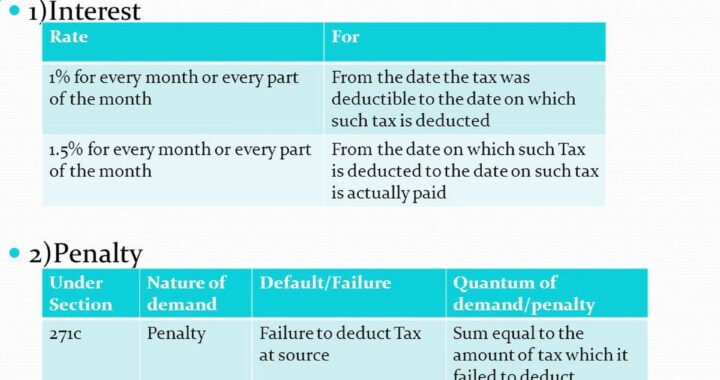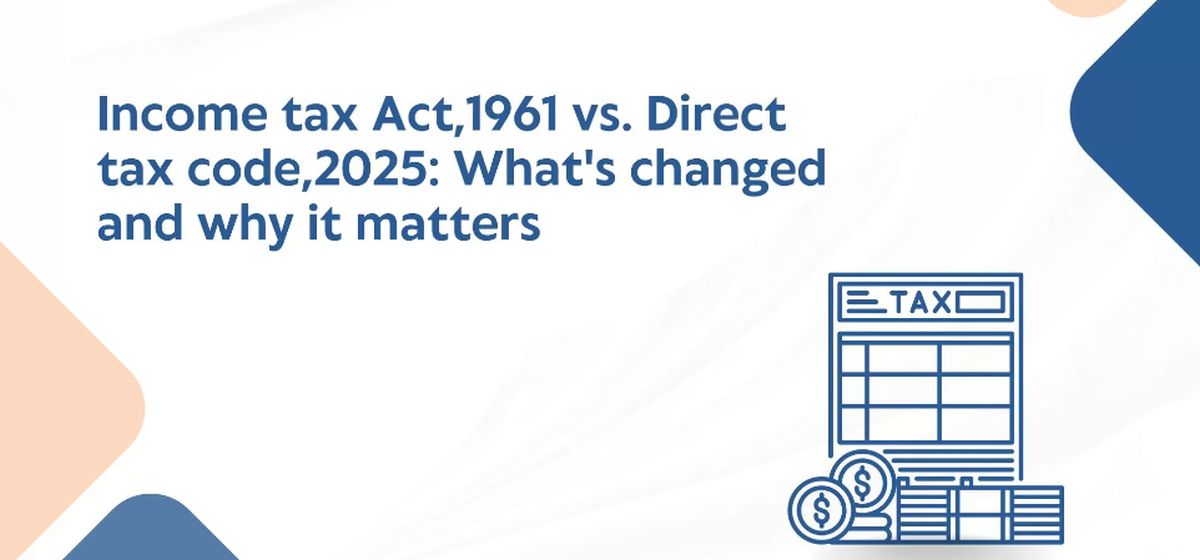The Different Aspects of a Reverse Mortgage
 In the year 2007, the Union Finance Minister has adapted a popular concept from the Western countries, Reverse Mortgage.
In the year 2007, the Union Finance Minister has adapted a popular concept from the Western countries, Reverse Mortgage.
The concept of reverse mortgage:
A reverse mortgage is a kind of loan for the senior citizens. It is totally opposite of mortgage, which is a kind of home loan.
The scheme of reverse mortgage:
In an ordinary mortgage, one can borrow money at the beginning and then repay it for a long period of time through Equated Monthly Installments (EMIs).
But in case of a reverse mortgage, one pledges the property owned by him or her and gets regular cash-flows for a fixed period. This is same as reverse EMIs.
The normal tenure provided in the specific format is 15 years. The owner of the property along with his spouse can reside in the house till their death or till the termination of the tenure of the reverse mortgage, whichever is later.
Thus, any senior citizen, availing the reverse mortgage scheme is entitled to get the reverse EMI from the bank for 15 years. After the said time period the payments stop. But, they can continue to live in the house.
Essentials of the scheme:
- There should be no existing loan outstanding against the property.
- The owner should be a senior citizen having completed 60 years of age.
- The loan amount can go up to maximum 60 % of the value of the house.
- The maximum period of this type of mortgage is 15 years.
- The rate of loan is either fixed or floating and varies depending upon market conditions.
- The payments can be monthly, quarterly, annual or in lump sum quantity.
- The valuation of the property is done by the bank once in every 5 years.
Tax implications of reverse mortgage:
The amount received by means of a reverse mortgage is same as loan and not income; as such it does not attract tax liability.
Consequences of the property after the death of borrower or his spouse:
When one of the spouses expires, the other is entitled to reside in the house. If both the spouses expire, the bank gives the option to their legal heirs to either settle the due amount and retain the house, or to allow the bank to sell the property.
Is the scheme popular?
Recent studies state that only a small percentage of senior citizens have availed this facility as there is lack of awareness about the scheme.

 Reporting of Foreign Assets by Indian Taxpayers under Section 139(1) of the Income Tax Act
Reporting of Foreign Assets by Indian Taxpayers under Section 139(1) of the Income Tax Act  Can an assessee pay House Rent to his parents and claim relief? Would there be any legal complications?
Can an assessee pay House Rent to his parents and claim relief? Would there be any legal complications?  Boost Your Business & Reduce Taxes: A Guide to Maximizing Benefits Under Section 80JJAA
Boost Your Business & Reduce Taxes: A Guide to Maximizing Benefits Under Section 80JJAA  What is remedy to taxpayer if the Tax deductor fails to deposit the TDS or fails to file TDS Return
What is remedy to taxpayer if the Tax deductor fails to deposit the TDS or fails to file TDS Return  What is Income Tax Liability on Income from trading in Future and Options
What is Income Tax Liability on Income from trading in Future and Options  The Importance of Filing Your Income Tax Return on Time: A Financial Must-Do
The Importance of Filing Your Income Tax Return on Time: A Financial Must-Do  Major Changes Expected in Direct Tax Code 2025 and why these matter
Major Changes Expected in Direct Tax Code 2025 and why these matter